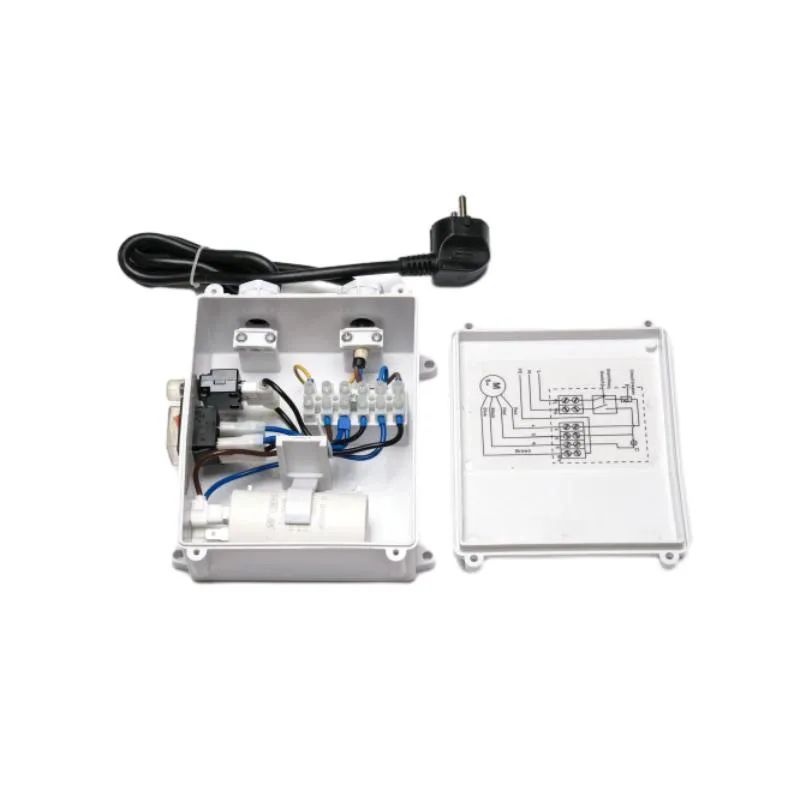High Tension Insulation Tape Essential for Safety and Efficiency in Electrical Applications
In the world of electrical engineering and maintenance, safety and efficiency are paramount. One of the critical components that ensure both is the use of high tension insulation tape. This specialized adhesive tape is designed to provide excellent electrical insulation, protection against environmental factors, and mechanical strength. In this article, we will explore the properties, applications, and benefits of high tension insulation tape, emphasizing why it is indispensable for anyone working in electrical fields.
What is High Tension Insulation Tape?
High tension insulation tape, often referred to as high voltage tape, is an electrical insulation tape made from materials with excellent dielectric properties, typically polyvinyl chloride (PVC) or rubber. It is engineered to withstand high electrical voltages, making it suitable for use in various electrical applications, from industrial settings to household repairs. The tape comes in various colors and widths, allowing for a range of uses, including phase identification, insulation, and protecting wire splices.
Properties of High Tension Insulation Tape
1. Dielectric Strength High tension insulation tape is designed to handle high voltages, ensuring that it effectively insulates conductive materials. The dielectric strength of this tape typically exceeds 10,000 volts per millimeter, making it highly effective in preventing electrical breakdowns.
2. Temperature Resistance Many high tension insulation tapes are resistant to a wide temperature range, generally from -20°C to 105°C (-4°F to 221°F) or more. This temperature resilience allows the tape to be used in various environments, including those with extreme heat or cold.
3. Water and Chemical Resistance High-quality insulation tape is often resistant to moisture, oils, and other chemicals. This attribute is crucial in preventing corrosion and degradation of electrical components, especially in industrial applications where exposure to such elements is common.
4. Mechanical Durability The tape is designed to withstand mechanical stress, making it less prone to tearing or breaking when applied to wiring or electrical components. This durability is essential for ensuring long-term safety and reliability.
5. Adhesion Properties High tension insulation tape typically features a strong adhesive that maintains its bond over time. This characteristic is vital for ensuring that the tape remains securely in place without peeling away.
high tension insulation tape

Applications of High Tension Insulation Tape
High tension insulation tape is versatile and can be used across various industries, including
- Electrical Utilities Used to insulate and protect high voltage cables and wires, ensuring safety during maintenance and operation. - Manufacturing Commonly used in the production of electrical equipment, where it serves as insulation for wires and components to prevent short circuits and voltage leaks. - Automotive Helps insulate various electrical connections and components in vehicles, providing protection against environmental conditions and wear. - Telecommunications Used to protect wiring and connections in network installations, ensuring signal integrity and safety. - Home Applications Ideal for DIY electrical repairs, providing quick insulation and protection for wiring, splices, and terminals.
Benefits of Using High Tension Insulation Tape
1. Safety By using high tension insulation tape, the risk of electrical accidents is significantly reduced. Proper insulation helps prevent shocks, short circuits, and fires, contributing to overall safety.
2. Cost-Effective The tape is relatively inexpensive compared to the potential costs of electrical accidents or equipment failure. Its durability and long-lasting properties also reduce the need for frequent replacements.
3. Ease of Use High tension insulation tape is easy to apply, requiring no special tools or equipment. This makes it accessible for both professional electricians and DIY enthusiasts alike.
4. Customizability Available in various colors and sizes, users can choose tape that fits their specific needs, whether for coding wires or insulating connections.
Conclusion
In summary, high tension insulation tape is an essential tool in the electrical industry, providing safety, efficiency, and reliability. With its outstanding properties and versatile applications, it caters to the diverse needs of professionals and enthusiasts alike. Investing in quality high tension insulation tape is not just about compliance with safety standards; it is also about ensuring optimal performance in electrical systems. Whether you are in a commercial, industrial, or residential setting, having high tension insulation tape on hand is critical for tackling any electrical challenge with confidence.
-
XIANGFAN Rubber Tape-Ultimate Solutions for All Your Insulation NeedsNewsJun.24,2025
-
XIANGFAN Rubber Tape-Protection for Industrial and Residential ApplicationsNewsJun.24,2025
-
XIANGFAN Rubber Tape: Superior Safety and Sealing for Demanding EnvironmentsNewsJun.24,2025
-
XIANGFAN Rubber Tape: Reliable Solutions for Every Electrical ChallengeNewsJun.24,2025
-
XIANGFAN Electrical & Industrial Tape: Powering Reliability Across IndustriesNewsJun.24,2025
-
XIANGFAN Electrical & Industrial Tape: Excellence in Every ApplicationNewsJun.24,2025
